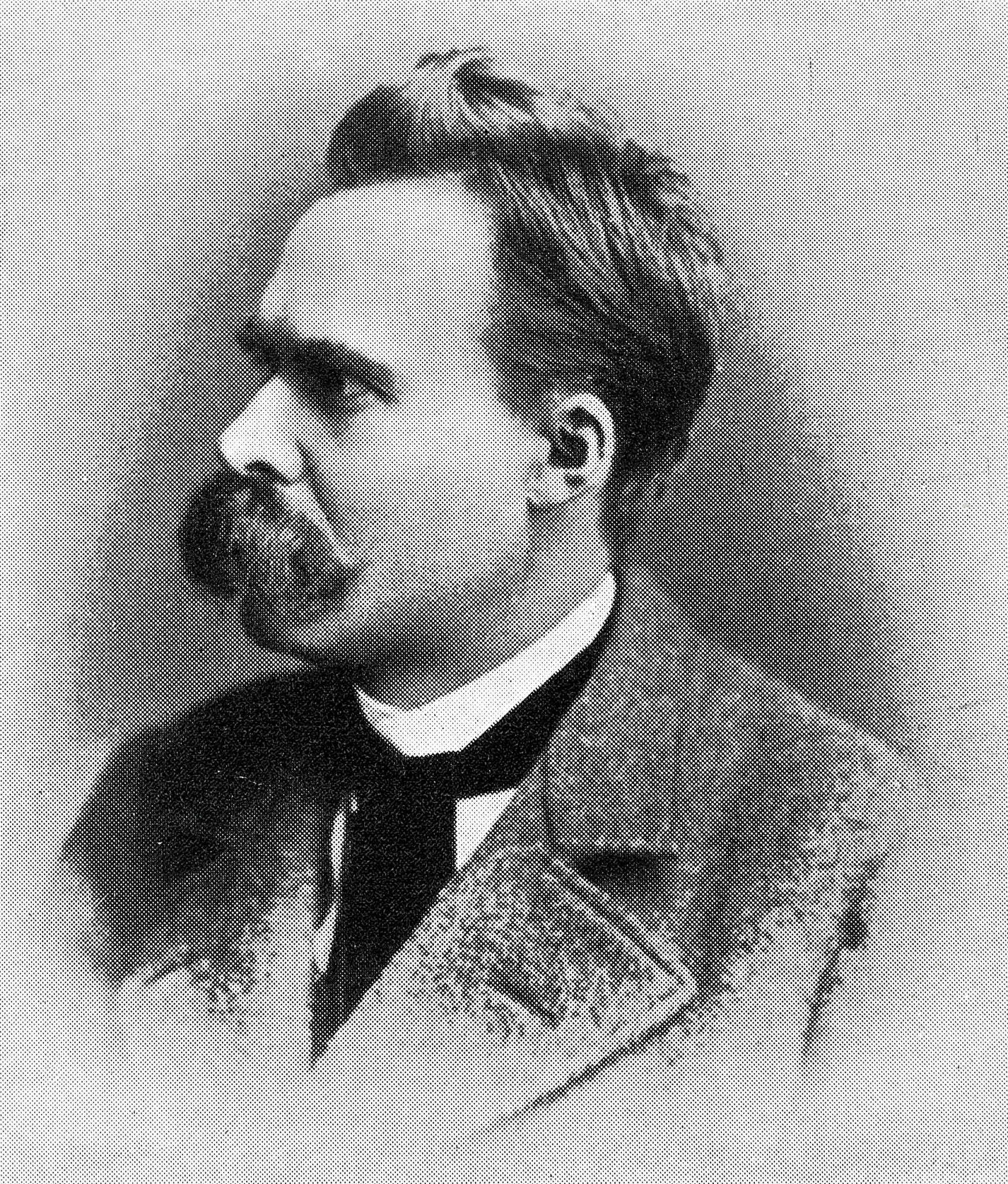Famous Philosophers You Should Know: A Student's Guide
Introduction to Philosophy
Philosophy is the study of fundamental questions about existence, knowledge, values, and reason. It lays the foundation for understanding complex concepts through critical thinking and logical reasoning. In this guide, we explore some of the most influential philosophers whose ideas have shaped human thought across centuries. Whether you are a student beginning your philosophical journey or an enthusiast seeking deeper insight, these figures are essential to know.
Socrates: The Father of Western Philosophy
Socrates is often credited as one of the founders of Western philosophy. His unique approach, known as the Socratic method, involves asking probing questions to stimulate critical thinking and illuminate ideas. Though he left no writings, his philosophy lives on through the works of his students, like Plato. Socrates’ emphasis on ethics and virtue remains a cornerstone of philosophical inquiry.

Plato: The World of Forms
A student of Socrates, Plato founded the Academy in Athens, one of the earliest institutions of higher learning. His dialogues cover a range of topics including politics, ethics, and metaphysics. Plato's theory of Forms posits that non-material abstract forms represent the most accurate reality, influencing countless philosophical discussions and debates.
Plato’s work also includes "The Republic," where he explores justice and the ideal state. His ideas continue to be studied for their profound impact on Western thought and their relevance to modern philosophical discourse.

Aristotle: The Master of Those Who Know
Aristotle, a student of Plato, made significant contributions to numerous fields such as logic, metaphysics, biology, and ethics. His empirical approach and systematic observations laid the groundwork for the scientific method. Aristotle’s "Nicomachean Ethics" explores the concept of virtue ethics, emphasizing the importance of character and virtue in achieving the good life.
His influence extends beyond philosophy into natural sciences, politics, and rhetoric, making him one of the most comprehensive thinkers in history. Aristotle’s work remains a vital part of educational curricula worldwide.

Immanuel Kant: The Critic of Pure Reason
Immanuel Kant was a pivotal figure in modern philosophy, known for his work on epistemology and ethics. His "Critique of Pure Reason" examines the limitations of human understanding and introduces the idea that our knowledge is shaped by experience. Kant’s moral philosophy, particularly his concept of the categorical imperative, argues for actions based on universal principles.
Kant’s ideas challenged previous notions of knowledge and morality, establishing him as a central figure in Enlightenment thought and influencing subsequent philosophical movements.
Friedrich Nietzsche: The Philosopher of Will
Friedrich Nietzsche is known for his critique of traditional European morality and religion. His concept of the "will to power" explores the driving force behind human actions and creativity. Nietzsche’s declaration that "God is dead" reflects his belief in the decline of religious influence in modern society.

Nietzsche’s work on existentialism and nihilism questions the objective value and purpose of life, challenging individuals to create their own meaning. His provocative ideas continue to spark debate and inspire contemporary thought.
Conclusion
Understanding these philosophers provides a window into the evolution of human thought. Their ideas encourage us to question assumptions, explore new perspectives, and seek deeper truths about our world. Whether you are delving into ethics, metaphysics, or epistemology, these thinkers will guide your exploration of philosophy.